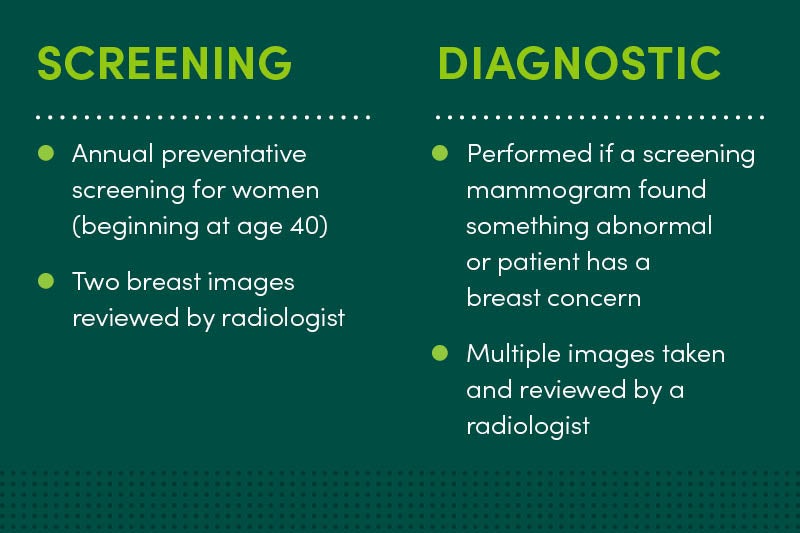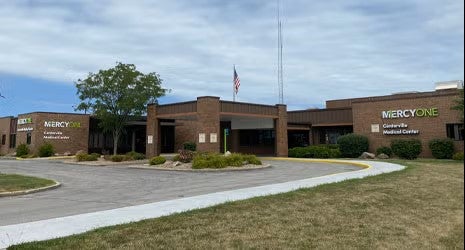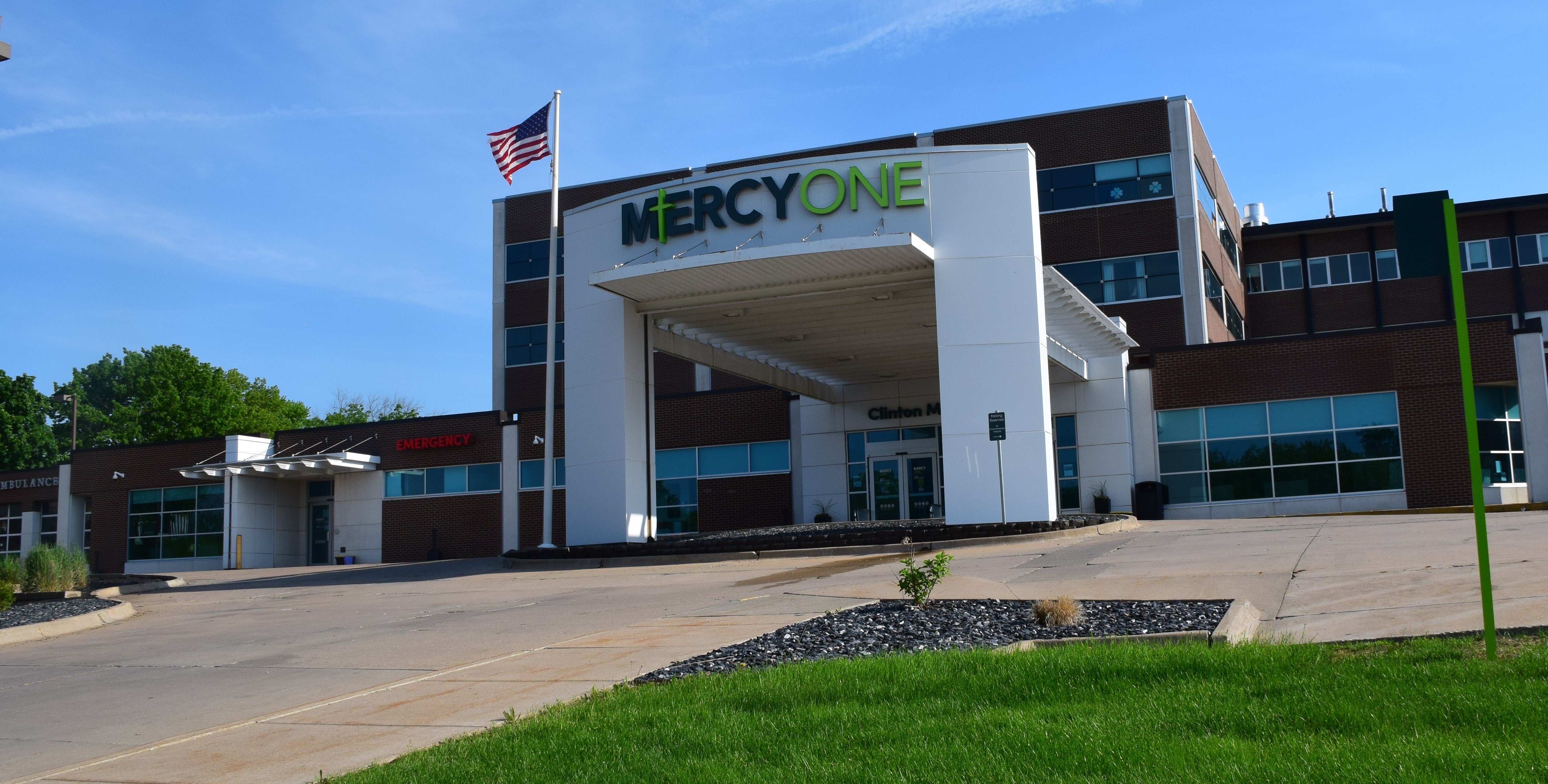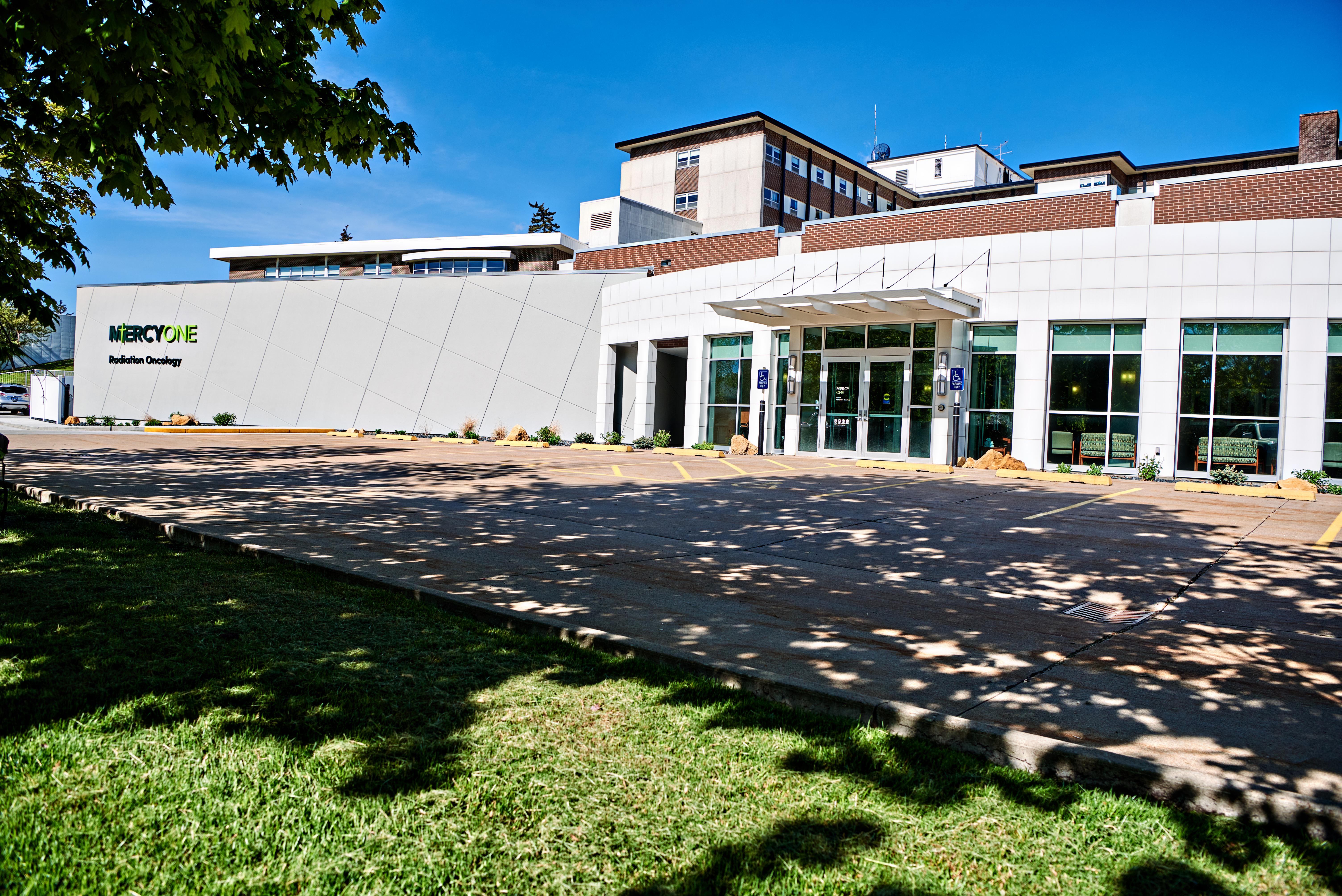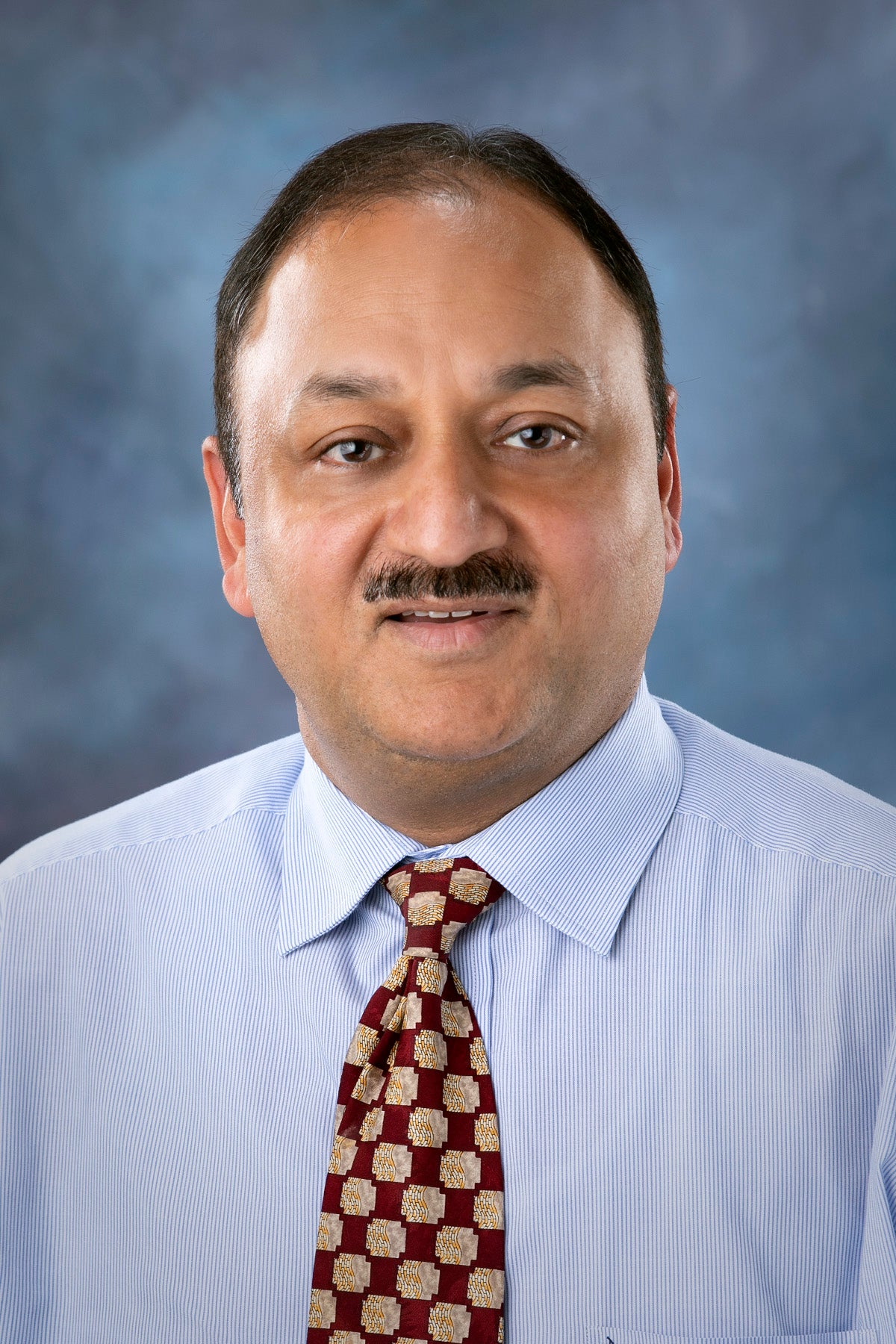At MercyOne, we understand that sometimes life takes an unexpected turn. If you are diagnosed with cancer, we offer advanced cancer care, close to home. Our personalized approach means creating individualized treatment plans designed to optimize your well-being and minimize side effects. We use state-of-the-art technology and follow National Comprehensive Cancer Network (NCCN) guidelines for nationally recognized care, ensuring you receive the best possible outcomes.
Our team works collaboratively to provide comprehensive care, every step of the way. You’ll find board-certified physicians, nurses and other specialists working together to coordinate your treatment and address your needs. We're proud to be recognized for our excellence with accreditations such as the National Accreditation Program for Breast Centers (NAPBC), Commission on Cancer (CoC) accreditation and more. Our goal is to provide the highest quality, most affordable, in-network care - close to home.
Cancer Patient Stories
Hear from actual cancer patients about their care and treatments performed at MercyOne.
Hear from our patientsHealth Risk Assessment
Are you at risk for lung cancer? Take our free self-assessment to see if you're at risk of developing cancer.
Health Risk AssessmentClinical Trials
Explore how clinical trials at MercyOne could offer access to innovative therapies.
View trialsSupport Groups
Our support groups offer a safe space to share, learn, and heal together.
Find a support groupCancer Screening and Prevention
Early detection is crucial in the fight against cancer and regular screenings are your best defense. The American Cancer Society recommends regular screenings based on individual risk factors and age. These factors include family history, lifestyle, and other medical conditions. Ask your doctor when you should start screening, how often to screen and what type of screening is right for you.
Recommended cancer screenings:
- Breast Cancer: Mammograms and clinical breast exams are generally recommended starting at age 40, with frequency depending on your individual risk.
- Cervical Cancer: Pap tests, HPV tests, or a combination test are recommended starting at age 21.
- Prostate Cancer: A digital rectal exam (DRE) and/or a prostate-specific antigen (PSA) blood test may be recommended, typically starting around age 50.
- Colonoscopies or stool tests are recommended beginning at age 45.
- Lung Cancer: A low-dose CT scan might be recommended for high-risk individuals (age 50-77 with significant smoking history). Ask your doctor if you qualify.
We know scheduling a cancer screening can feel overwhelming. You may be concerned about discomfort, cost or simply fitting it into your busy schedule. At MercyOne, we're dedicated to making your experience as comfortable as possible and can personalize screening plans based on your individual risk profile. To create a plan that's right for you, schedule an appointment with your doctor today. Prioritizing your health with regular screenings is key to a longer, healthier life.
*Many annual screenings are covered by your insurance. Please check with your insurance company before scheduling.
Diagnosis and Treatment
- Radiation Oncology
- Medical Oncology
- Hematology Oncology
- Gynecologic Oncology
- Surgical Oncology
- Integrative Oncology
- Cancerous brain tumor
- Breast cancer
- Cervical, ovarian and vaginal cancer
- Head & neck cancer
- Liver, pancreatic, stomach and esophageal cancer
- Colorectal (colon) cancer
- Lung cancer
- Prostate cancer
- Rectal cancer
- Skin cancer
Patient & Caregiver Support Services
- Support Groups
- Genetic counseling & testing
- Cancer nutrition
- Patient and caregiver counseling
- Patient navigators
- Spiritual Care
- Wig and head coverings
- Palliative Care
- Social work
- Home Medical Equipment
- Home Health Care
- Hospice Care
- Research and Clinical Trials
- Education Series with Above + Beyond Cancer
- Survivorship clinics
- Lymphedema
Providers and Locations
Provider Ratings



